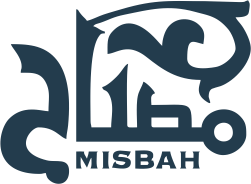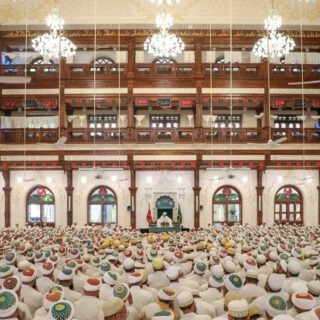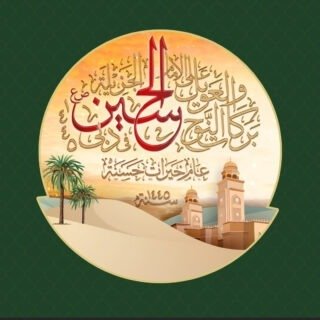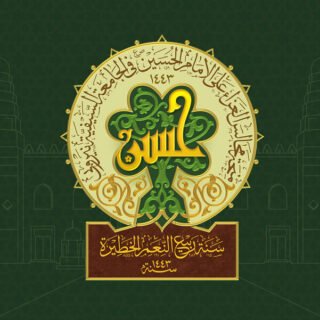It is incumbent upon those who seek knowledge and those who investigate the reality of all things to first understand what knowledge is, what is the ‘known’ and the many forms questions take.
Understand, o’ brother, that knowledge is the conceptualization of the known in the soul of the knower and ignorance is the absence of that concept (of knowledge) from the soul. Understand also that all knowledge is latent in the soul and scholars are those who have realized this knowledge whilst students are those who are yet to realize it but have the potential to do so. Learning and teaching are nothing but the extraction, realising, of this potential to actuality. Now, when this process of extracting is related to the scholar then it is called ‘teaching’ and in relation to the student it is called ‘learning’.
Philosophical questions are of nine types – equal to the nine single numbers.
- ‘Is it?’
- ‘What is it?’
- ‘How many?’
- ‘How is it?’
- “What thing is it?”
- ‘Where is it?’
- ‘When was/is it?’
- ‘Why is it?’
- ‘Who is it?’
‘Is it?’ questions the very existence of the object of the discussion – does it exist or not?
‘What is it?’ questions the nature of the object which may be either simple or composite (element or compound) so for example the human form is composite whilst primordial matter is simple. Composites can only be fully understood when the elements that make them up are understood.
So for example if it is asked, “What is mud?” then the answer would be, “A mixture of earth and water.”
Similarly if it is asked, “What is ‘sakanjabin’ (oxymel)?” then the answer would be, “A mixture of honey and vinegar.
Scholars call this type of description – ‘definition’. So when defining an object we talk of the three dimensions – height, depth and width – this refers to its form because the reality of a physical object is nothing other than those indicated by these dimensions.
Similarly, in relation to the human being it is said he is ‘living, speaking being that is mortal’; the live and speaking aspects being from the soul and the mortal being the body which is what the human being is a composite of – the physical body and the spiritual soul.
Things that are not composites but elemental in their creation can be understood through the traits exclusive to it. For example when it is asked, “What is primordial matter?” then the answer will be that it is an elementary substance that accepts form not that it has any form in or of itself. Then when it is asked, “What is form?” then the answer is that it is that through which things are what they are – its qualities.








